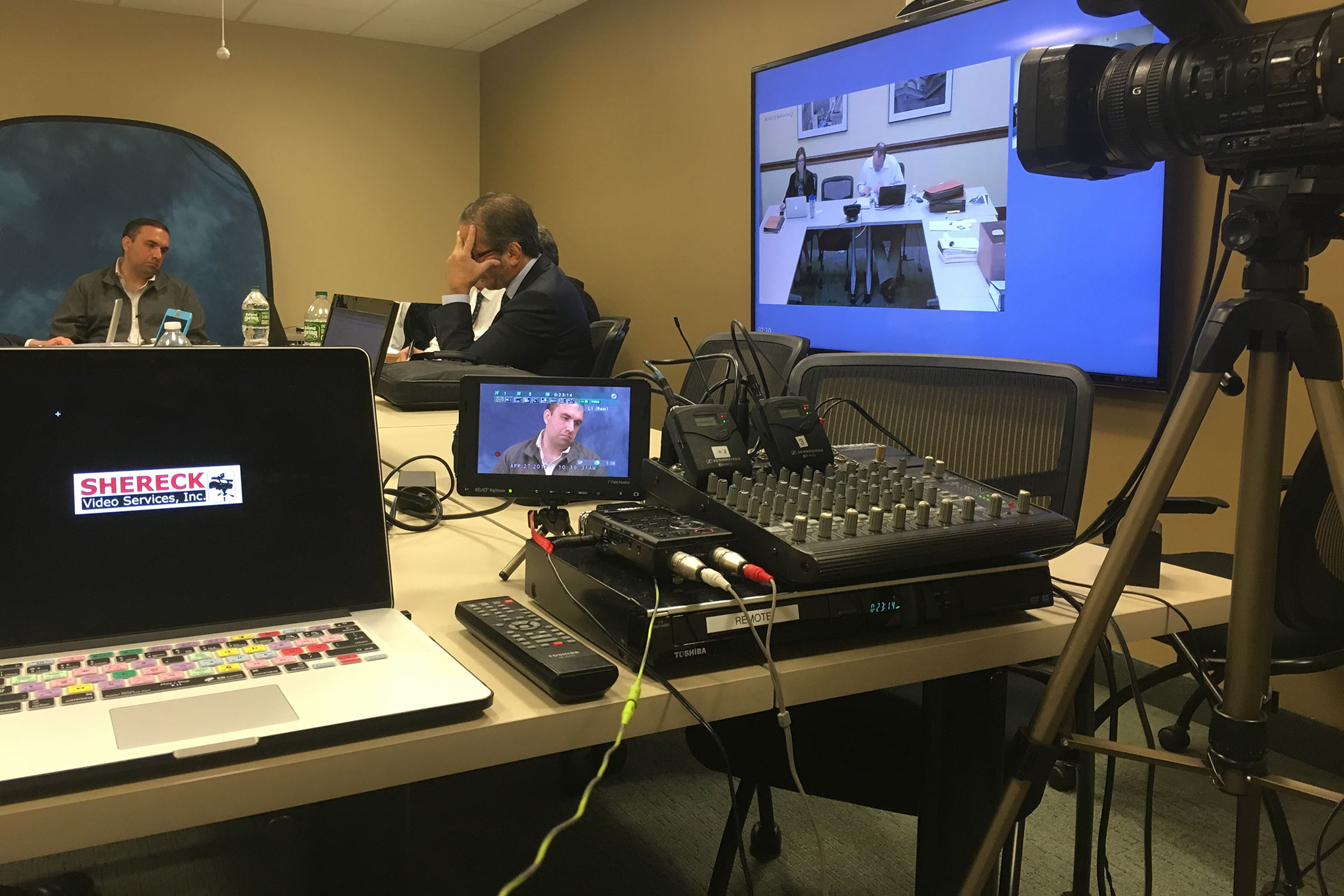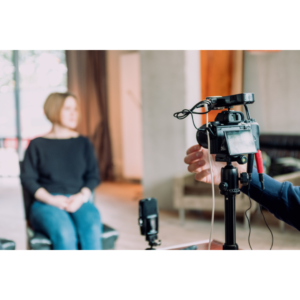Affordable Legal Videography Options for Cases.
The Duty of Lawful Videography in Depositions and Trials
Legal videography has emerged as an important tool in both depositions and trials, giving a multifaceted approach to recording witness testimonies. As legal specialists increasingly acknowledge its worth, it motivates a deeper exam of just how these aesthetic documents can influence juror perceptions and trial outcomes.
Importance of Lawful Videography
Legal videography plays a critical role in the documents and discussion of depositions and trials. This specific field integrates technical skills with legal expertise to create a dependable document of procedures that can considerably influence instance results. The visual element of legal videography boosts the understanding of witness statement, allowing jurors and judges to observe not just the spoken words yet likewise the disposition, feelings, and body movement of the witnesses.

The significance of lawful videography prolongs beyond the court room; it additionally plays a crucial role in preserving proof for future reference, whether for appeals or further legal activity. Its combination right into the lawful procedure is important for ensuring a reasonable and accurate depiction of the facts, inevitably contributing to the quest of justice.

Process of Legal Videography
While recording the nuances of depositions and tests, the process of legal videography entails several crucial actions that make sure high-grade, exact recordings. Originally, a specialist legal videographer prepares by assessing the situation products and understanding the particular needs of the deposition or trial. This prep work includes acquainting themselves with the individuals and the context, which helps in capturing pertinent details.
On the day of the recording, the videographer sets up the necessary tools, which commonly consists of high-definition cameras, microphones, and correct illumination. Ensuring ideal angles and audio top quality is important, as it straight impacts the effectiveness of the recording. The videographer connects with attorneys and participants to develop procedures, ensuring that every person understands the recording process.
During the deposition or trial, the videographer meticulously records the proceedings, paying close focus to both verbal and non-verbal cues. legal videography. This includes catching the temperament and reactions of witnesses and attorneys. After the session ends, the videographer might modify the video for quality and compliance with legal criteria, generating a final product that accurately shows the procedures for future recommendation and usage in lawful contexts
Advantages in Depositions
The incorporation of videography in depositions provides numerous benefits that improve the overall procedure of gathering proof. One key advantage is the capacity this contact form to record witness testaments with aesthetic and acoustic integrity, giving an extra accurate depiction of the witness's disposition, tone, and body movement. This multidimensional approach enables lawyers and juries to evaluate reputation better than traditional written transcripts alone.
In addition, videographed depositions act as an effective tool for maintaining testimony. Must a witness become not available for test, their tape-recorded deposition can be played in court, making sure that their proof remains available and relevant. This element considerably decreases the threat of losing important details that can influence instance outcomes.
Additionally, using legal videography advertises much better preparation for lawyers. Examining video footage enables lawful groups to analyze and fine-tune their methods, recognizing strengths and weaknesses in their cases. This primary advantage can cause even more compelling presentations in court.
Finally, videography improves the general professionalism of the deposition process, instilling self-confidence in customers relating to the thoroughness of their legal representation. By leveraging technology, attorneys can significantly enhance the effectiveness of depositions.
Effect on Trials
In many tests, the integration of videography can significantly influence the presentation of proof and the court's understanding. Legal videography captures witness testaments and important evidence in a vibrant layout, allowing jurors to engage with the product on numerous degrees. This visual component boosts the narration aspect of a test, supplying context and emotional resonance that typical text-based proof might lack.
Moreover, video recordings can act as powerful devices for impeachment throughout interrogation. When inconsistencies develop between a witness's previous declarations and their court testament, video evidence supplies an unbiased recommendation that can persuade jurors' opinions. This immediacy and quality can reinforce the reliability visit here of an event's narrative while at the same time threatening opposing disagreements.
In addition, the use of videography can aid simplify intricate info, making it more obtainable to jurors that may struggle to grasp complex details provided helpful resources only with spoken testimony. By integrating visuals with auditory info, lawful videography can enhance retention and understanding, inevitably influencing the court's decision-making process. The influence of videography in tests extends beyond mere visual appeals; it plays a crucial role in shaping the lawful landscape and end results.
Future Trends in Legal Videography
As we look toward the future of legal videography, several arising trends guarantee to reshape its duty within the courtroom. One considerable fad is the integration of artificial knowledge (AI) in video evaluation and modifying - legal videography. AI can improve the procedure of determining vital minutes in videotaped depositions, allowing attorneys to swiftly access pertinent web content, thereby enhancing effectiveness in situation prep work
In addition, the surge of virtual reality (VR) and enhanced fact (AR) technologies is expected to transform how jurors experience evidence. By immersing jurors in a simulated atmosphere, these innovations can supply a more extensive understanding of complex situations, leading to more enlightened considerations.

In addition, the raising need for remote depositions, increased by the COVID-19 pandemic, will likely proceed. Legal videographers will require to adjust to new software application and platforms to ensure top quality recordings in virtual settings.
Finally, the growing emphasis on information protection will certainly require stricter procedures for saving and sharing video proof. As the legal landscape develops, legal videographers have to remain abreast of these fads to keep their significance and effectiveness in the judicial procedure.

Final Thought
In recap, lawful videography serves an important feature in the judicial procedure, enhancing the stability of depositions and trials. As modern technology proceeds to progress, lawful videography is positioned to further transform its role within the legal landscape.